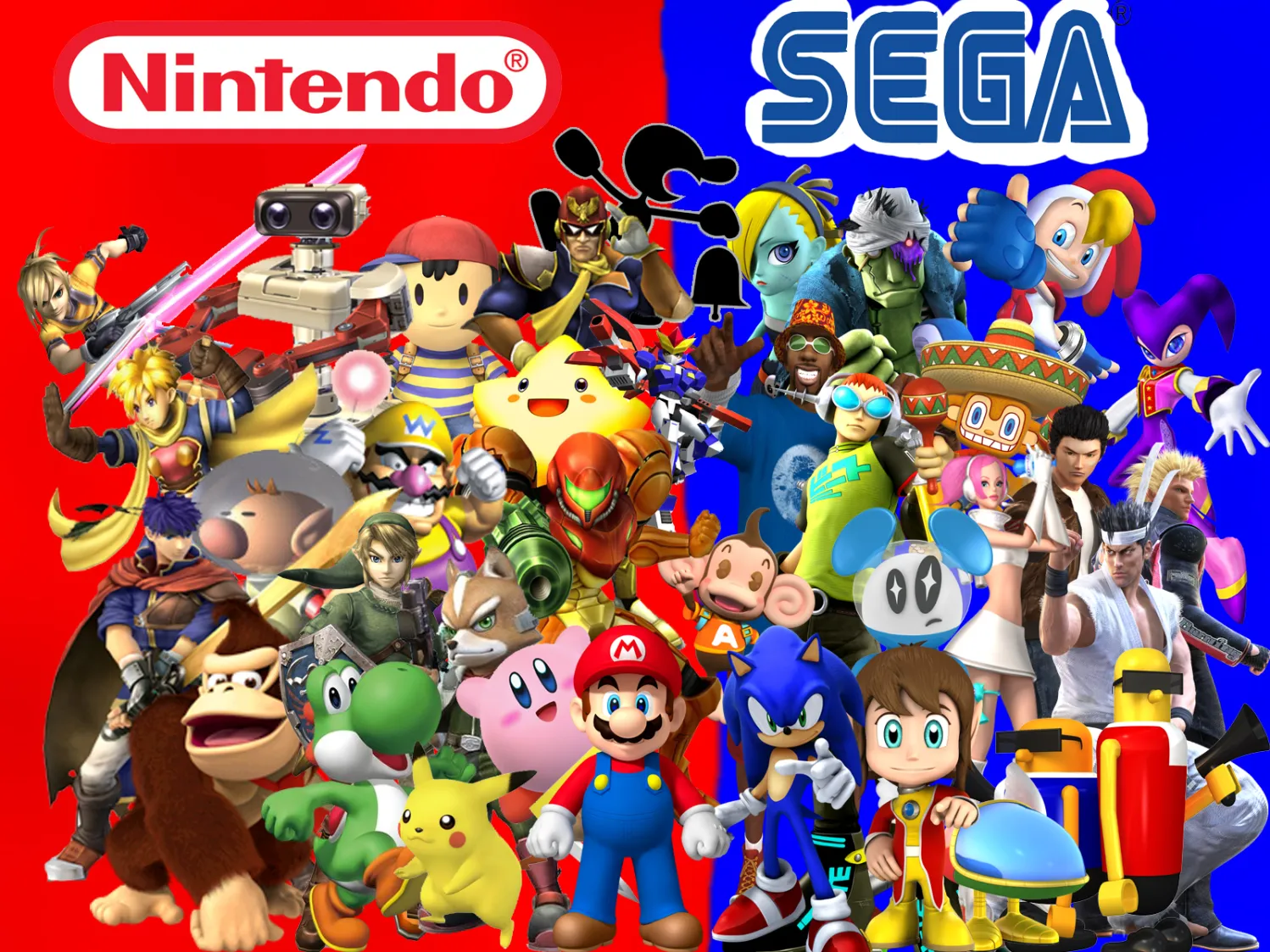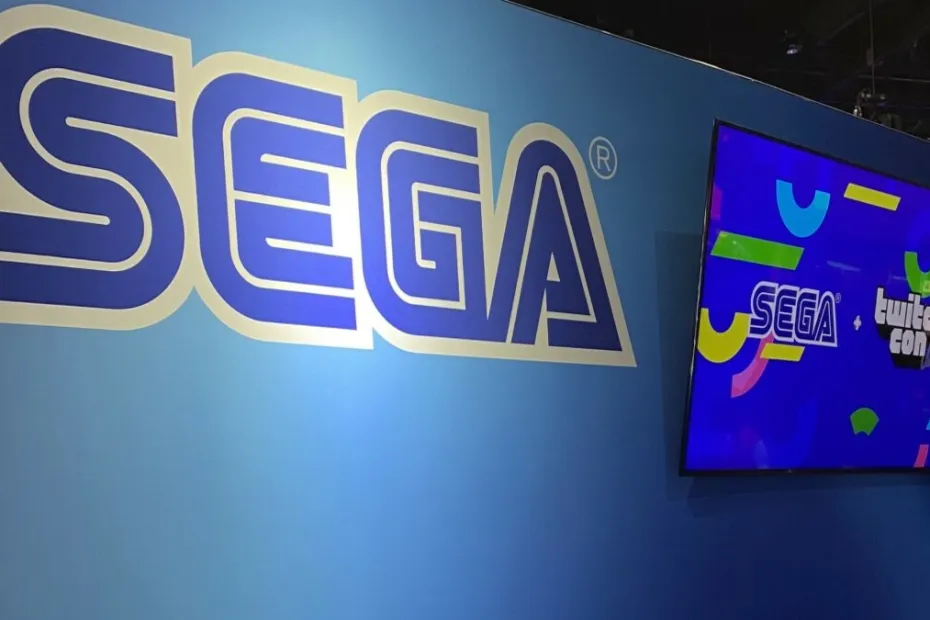The Rise and Fall of Sega: Unraveling the Legacy and Challenges
Advertisement
In the annals of gaming history, few names evoke as much nostalgia and innovation as Sega Corporation. From its humble beginnings to the creation of iconic franchises like Sonic the Hedgehog, Sega carved out a space in the hearts of gamers worldwide. However, the company’s journey is also marked by challenges that ultimately led to its transformation. In this article, we explore what made Sega famous and the factors that contributed to its eventual downfall.
Founders and Legacy: The Birth of Sega: Founded by David Rosen, Richard Stewart, and Ray LeMaire, Sega Corporation emerged as a Japanese multinational gaming and entertainment powerhouse with headquarters in Shinagawa, Tokyo. Sega quickly became synonymous with creativity, introducing groundbreaking games and establishing itself as a formidable force in the industry.

Sonic the Hedgehog: A Global Icon: Sega’s ascent to fame can be attributed to the creation of Sonic the Hedgehog, a charismatic blue character that captured the hearts of gamers worldwide. Sonic became an international mascot, symbolizing Sega’s commitment to innovation and pushing the boundaries of gaming experiences.
Prolific Game Franchises and Arcade Dominance: Sega’s success extended beyond Sonic, with multi-million-selling franchises like Total War and Yakuza. The company’s prowess in arcade game production, evident in series such as Virtua Fighter and Initial D Arcade Stage, solidified Sega’s position as a leading force in both home and arcade gaming.
Advertisement
Nintendo Rivalry: The Competitive Landscape: Sega’s journey was not without challenges, and a defining factor in its narrative was the intense rivalry with Nintendo. Despite Sega’s head start and creative game offerings, Nintendo, with a fraction of Sega’s budget, emerged as the top video game company globally. This shift highlighted the importance of financial stability in the competitive gaming landscape.
Financial Struggles: The Downfall of Sega: While Sega boasted a rich legacy of creativity and innovation, its downfall was primarily attributed to financial challenges. Despite a significant head start in the market, Sega’s lack of financial muscle became a critical impediment. This disadvantage, coupled with the rise of more financially robust competitors, led to Sega’s transformation from a gaming company to a software-focused entity.
Legacy Transformed: Sega’s Evolution: In the face of financial struggles, Sega underwent a transformative process. The company shifted its focus from hardware to software, adapting to the changing dynamics of the gaming industry. Sega’s continued existence as a software provider demonstrated resilience and an ability to evolve in response to challenges.
Sega’s Enduring Impact: The rise and fall of Sega represent a dynamic chapter in the history of gaming. While financial challenges reshaped its trajectory, Sega’s impact endures through its iconic characters, pioneering franchises, and contributions to the gaming landscape. Sega’s story serves as a reminder of the complex interplay between creativity, competition, and financial stability in the ever-evolving world of video games.


Leave a Reply